Unrealistic Expectations

Rom coms are fun, but don’t make sense.
May 27, 2022
My whole life, I’ve always loved a good Romantic Comedy. They have shaped my mind from an early age to think of love as this magical, fairytale thing, and in a sense, love is exactly that. But, unfortunately, Rom Coms have also made me develop these expectations that are, quite frankly, unrealistic.
While watching them, I’ve also noticed common patterns. From 1989’s classic When Harry Met Sally, to the 2010 Disney masterpiece, Enchanted, these Rom Coms rarely change their basic structure and rules. These repeated patterns are also part of what makes them unrealistic.
Rom Coms seem to portray the characters in an exaggerated way. One classic example is the character who gets on a plane to stop another character from leaving. This is a decision that should be thought through, especially since plane tickets are expensive. But, of course, the characters just love each other so much that they are willing to spend a very large sum of money. And if they don’t have a ticket, they’re breaking the law! But no one ever seems to get arrested for this in the movies.
Things like this made me think that men are just expected to travel across the country just to see you. This is bizarre. Your significant other may have a job or other responsibilities they can’t leave, so they are unable to take these extreme actions.
Romantic Comedies often gloss over the fact that some of the relationships in their movies are extremely unhealthy. Movies like the Netflix Rom Com, The Kissing Booth (1,2, and 3), along with the Classic film, Grease, present the glorification of toxic relationships.
In The Kissing Booth franchise, Elle and Noah are constantly fighting, and even screaming at each other at some points. The writers of this movie were trying to approach the movie with the tone that Elle and Noah are star crossed lovers because their families are so close (and this would mess up the closeness), but it just came across as a very harmful relationship.
In the 1978 movie, Grease, the main characters, Danny Zuko and Sandy Olsson, are from different cliques in school, but happened to have a whirlwind romance over the summer. Their romance is controversial because their social cliques won’t allow them to be together, but towards the end of the movie, Danny pretends that he has become a football player, and Sandy pretends to be a biker chick.
These actions taken by both characters are lies and they are a bad message to viewers. You shouldn’t have to change your entire personality for someone for your love to become socially acceptable. Love like this can lead to very toxic relationships because you don’t have those fundamental principles of respect or trust.
Many Rom Coms also touch on the trope of friends to lovers. This is the classic notion of best friends becoming lovers. In real life, this doesn’t seem to happen too frequently. Sometimes best friends are just that, friends.
A contrasting example is the idea of enemies to lovers. A good example of this can come from the early 80s to early 90s TV show, Cheers.
The two main characters Sam and Diane bicker constantly and seem to just hate each other, but ultimately they do start a romantic relationship. This is so ridiculously unrealistic. Why would people who hate each wouldn’t want to start dating? That doesn’t make any sense.
Although Romantic Comedies often play into these stereotypes, occasionally they prove common tropes wrong. In the 2009 movie, He’s Just Not That Into You, one of the characters named Gigi Phillips sheds light on the common phrase, “If he’s mean to you he probably likes you.”
The notion that if he’s mean to you he likes you, promotes the idea that women should shut up and take it.
Gigi tells the audience that this phrase is completely backwards. I 100% concur. This phrase is a bad way to look at life. In some ways, it actually promotes women to be passive. It encourages women to embrace toxic masculinity. If a man is behaving rudely towards you, it may not be that he likes you.
In the instance that a man is mean to you, you should stand up for yourself. Be assertive. In the modern world that we are in, women are taught to be passive and brush things off, and this phrase, that if he’s mean to you he likes you, promotes the idea that women should shut up and take it.
Movies like You’ve Got Mail and The Ugly Truth present women as easily swayed creatures waiting to be swept off their feet by a man. When movies make these generalizations about women being helpless, they portray them in a negative light. It is a very knight-in-shining-armor type trope. This trope doesn’t shine light on how women can be independent! It promotes the idea that women need men to be happy.
The man who swoons these women also bothers them repeatedly. If some guy is harassing a woman, I don’t think that the woman would fall in love with this man. Messages like these glamorize harassment. If a man keeps bothering you, you should try to make him stop, and if that doesn’t work, you need to get higher authority to help you.
Romantic Comedies often don’t base themselves in reality. They are a fun idea, but they aren’t often executed in a good way. We, as a society, have an obligation to teach younger audiences, specifically girls, that real relationships are not like the movies.



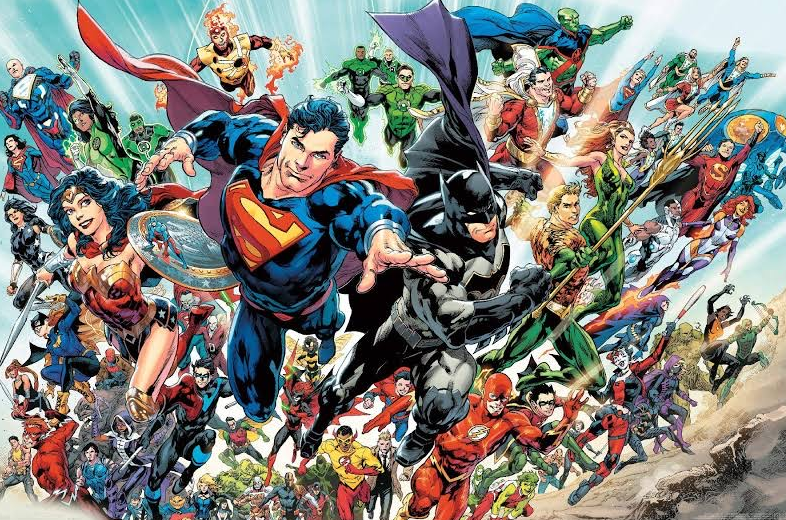

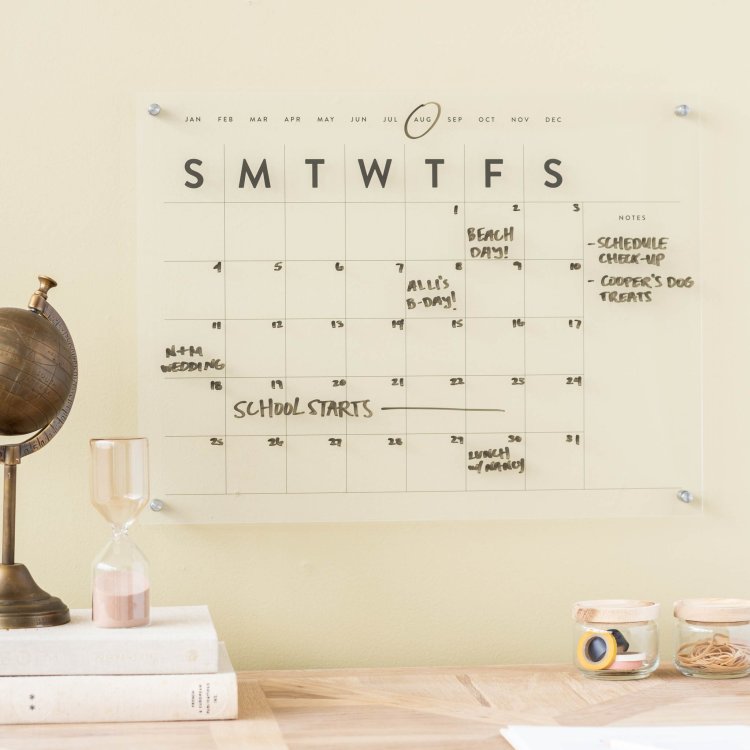


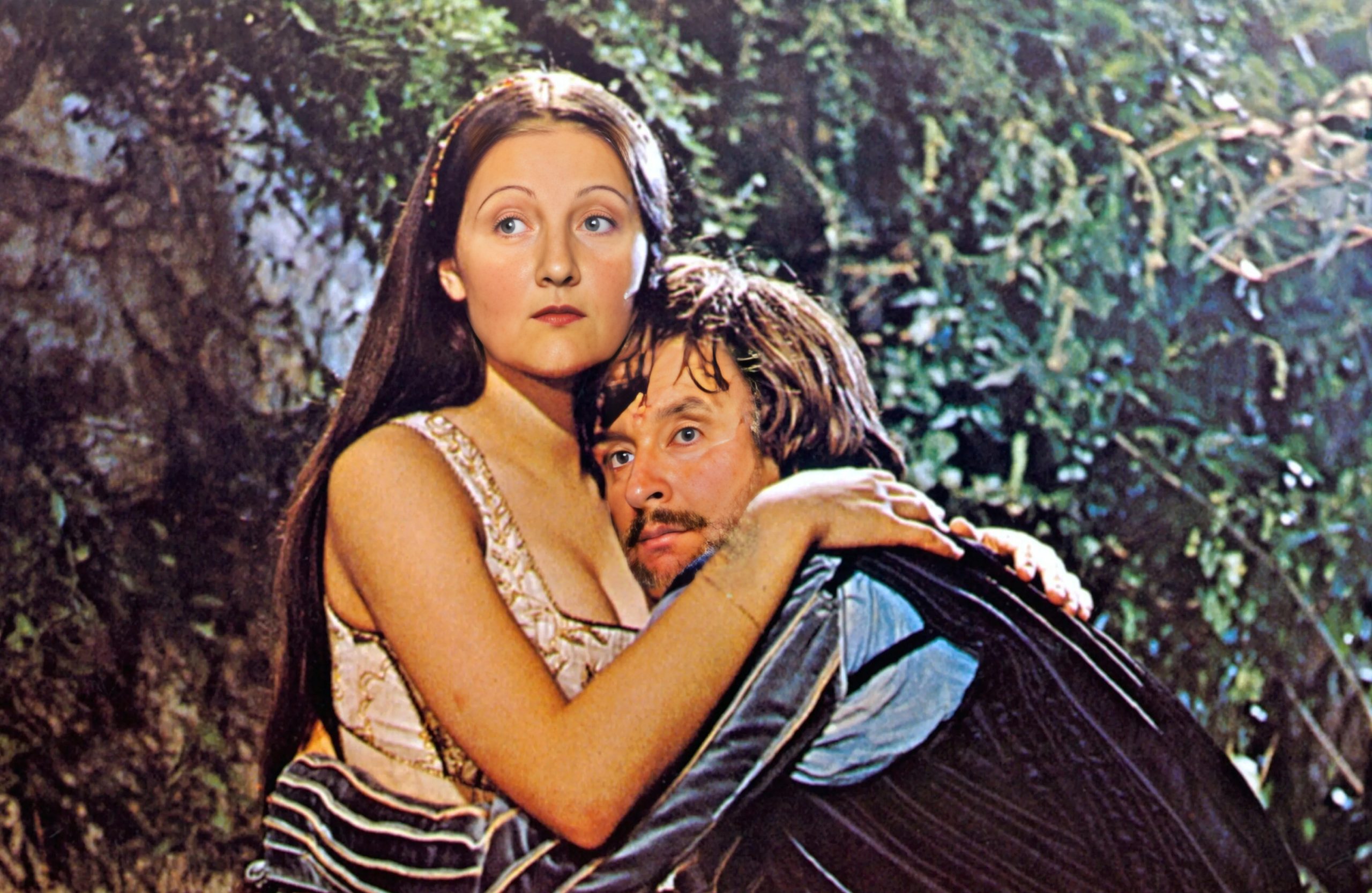
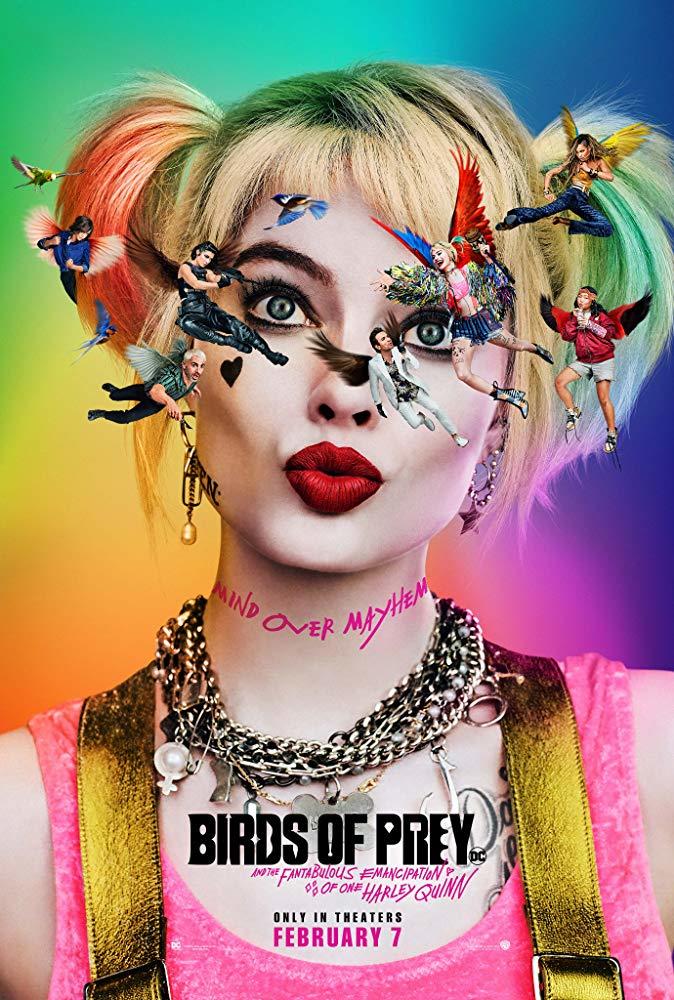


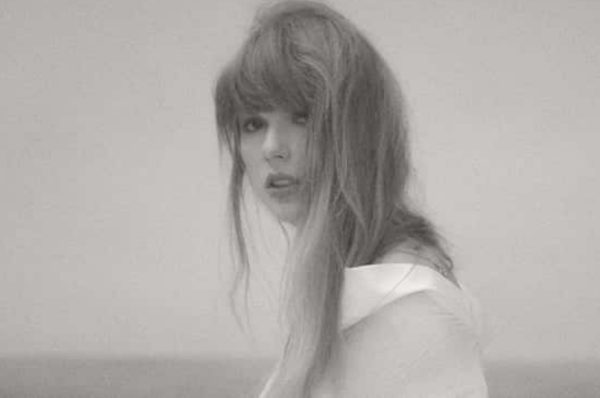

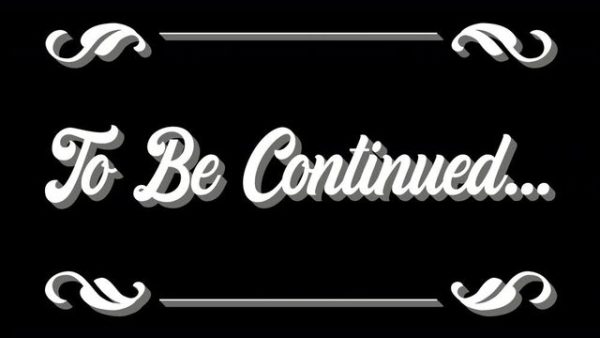
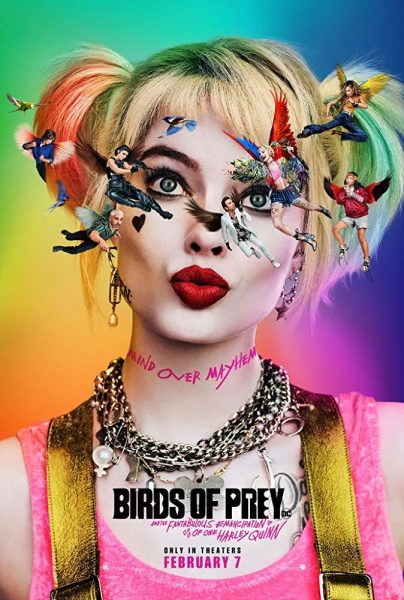
Blaise H • Aug 26, 2022 at 1:08 pm
This is a wonderful opinion article! I’ve constantly seen mistreatment of romance im media and I’m very sick of it. Unrealistic expectations definitely plague too many shows and musicals. As a guy myself, I now try to put myself in the woman’s shoes and see if what I’m doing is creepy or unappealing. It’s helped me gain a perspective that asks, “Would I personally like that?” when complimenting or discussing topics with a crush. Great piece for the NaEye!